Executive Committee on Global Health and Human Security
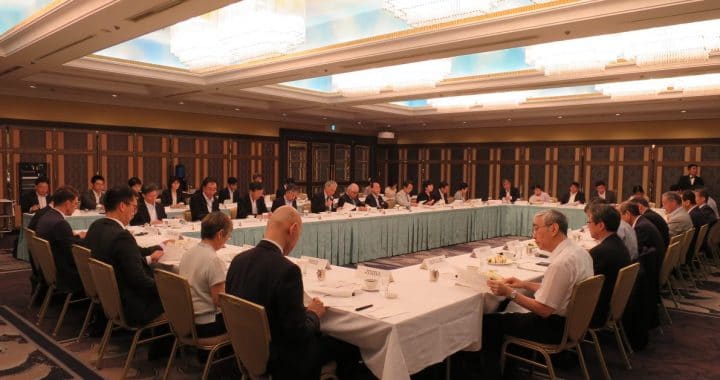
The Executive Committee on Global Health and Human Security is a unique public-private platform that facilitates the Japanese government’s policymaking on global health and public-private collaboration in that field.
US Congressional Staff Exchange
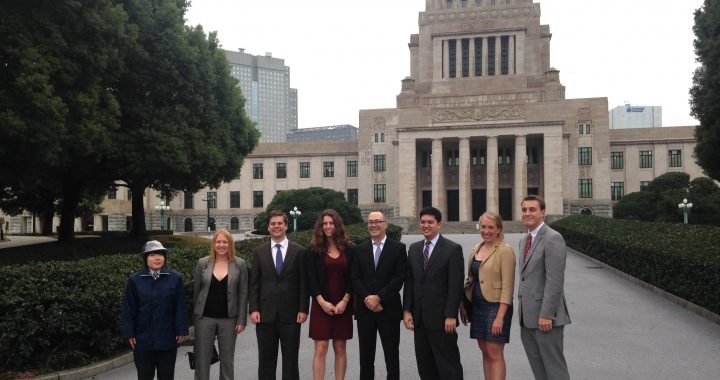
JCIE established the US Congressional Staff Exchange Program in 1982 in recognition of the vital role Congressional staff play in policymaking. The one-week program provides senior Congressional staffers with the opportunity to meet Japanese legislators and policymakers and give them a sense of the Japanese policymaking process as well as political, economic, and societal trends.
Friends of the Global Fund, Japan
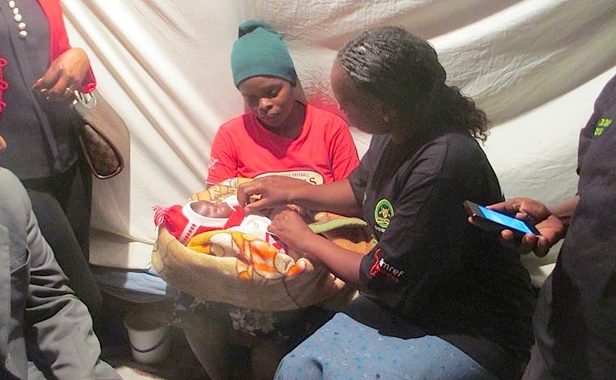
The Friends of the Global Fund, Japan (FGFJ), is a special initiative founded and operated by JCIE to strengthen support in Japan for the Global Fund to Fight AIDS, Tuberculosis and Malaria, a major international funding mechanism for fighting communicable diseases.
Japan’s Foreign Policy and Global Health Diet Roundtable Series
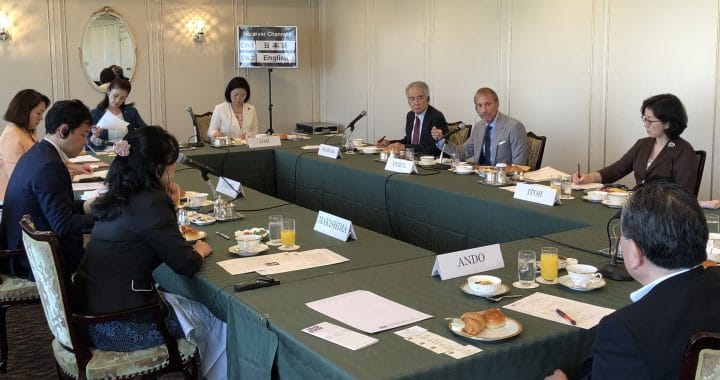
JCIE launched the “Global Health Diet Roundtable” series in 2018, followed by the “Japan’s Foreign Policy and Global Health Diet Roundtable” series in December 2023, as part of its Global Health and Human Security Program. The aim of these two series is to bring together a bipartisan assortment of Japanese parliamentarians and deepen their understanding of global health issues so that they can play a leadership role in the global health field.
Expanding Support for Democratic Governance
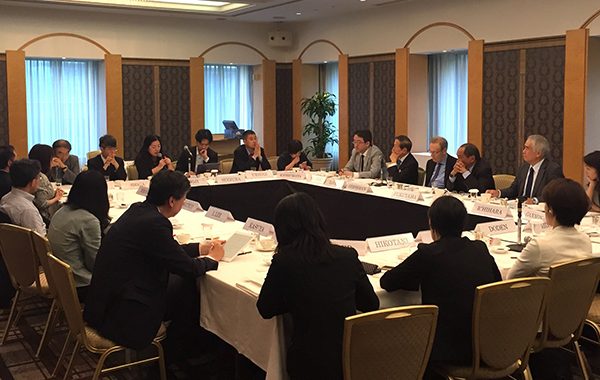
In 2018, JCIE launched a multi-pronged initiative to explore and expand Japan’s support for democratic governance based on the values of liberty, accountability, the rule of law, and individual dignity and empowerment. The initiative is designed to engage Japanese leaders in dialogue with domestic and overseas experts on strengthening the building blocks of democratic governance in Asia and elsewhere.
Roundtable on Japan’s Migration Policy
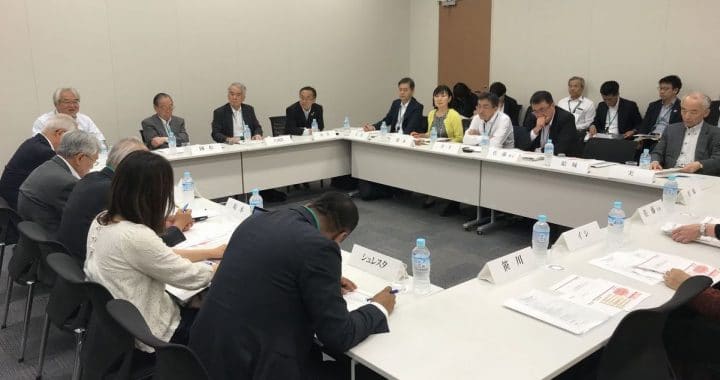
In the fall of 2018, JCIE launched a new roundtable to discuss Japan’s immigration policy. The project’s 25 members include national and municipal policymakers, business leaders, experts from NPOs, academics, and foreign residents.
Learning from Disaster Responses

On March 11, 2011, a devastating earthquake and tsunami struck Japan’s Tohoku region, triggering a nuclear meltdown in Fukushima. JCIE supported the international response by serving as a bridge between overseas donors and Japanese groups working in the disaster zone, facilitating coordination among American and Japanese humanitarian organizations, and disseminating information and analysis to support and connect responders.
Global Health Multistakeholder Dialogue: From Hiroshima to Puglia
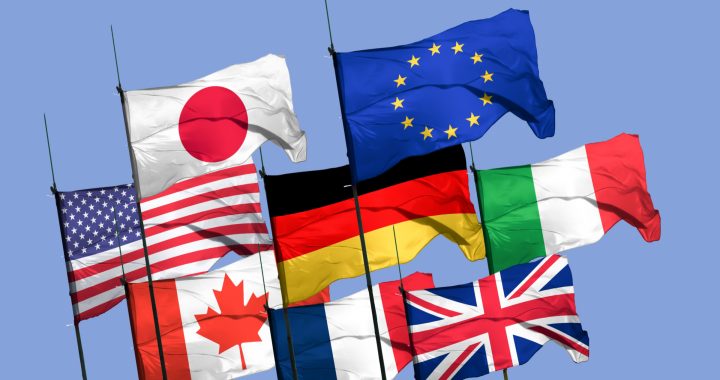
JCIE has organized the “Global Health Multistakeholder Dialogue: From Hiroshima to Puglia” n order to deepen discussions on the Hiroshima G7 commitments, offer advice on key topics to be addressed, and build momentum toward the implementation of those commitments,
Facilitating Philanthropy Program

The US-Japan Philanthropy Initiative handles charitable donations from US-based individuals and corporations in the manner of a donor-advised fund, accepting recommendations about organizations the donor prefers to support, then conducting due diligence to decide whether to make a grant to the suggested organization or others that advance the aims of the donation.
National Network for an Inclusive Future (NANIF)

JCIE has launched the National Network for an Inclusive Future, which aims to support the establishment of regional platforms to discuss the acceptance and settlement of foreigners throughout Japan. With support from the Toyota Foundation, JCIE will work with local governments, councils, NPOs, companies, media, and other Japanese organizations tackling obstacles to foreign talent and multicultural coexistence in local communities.


